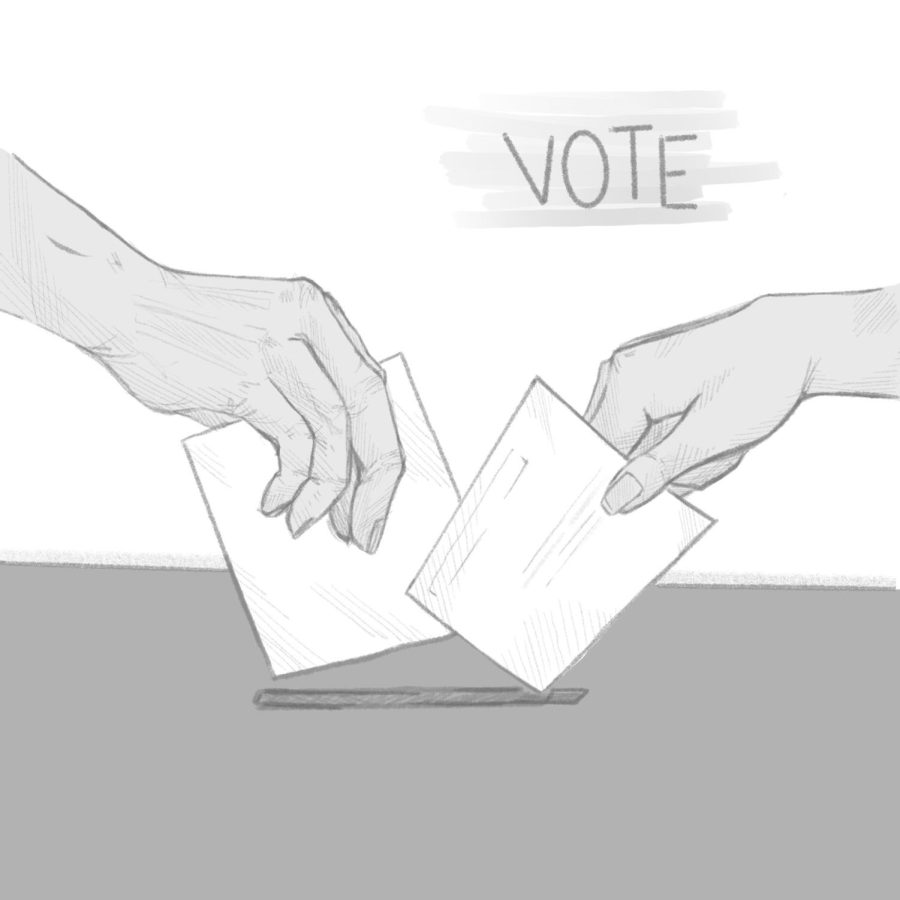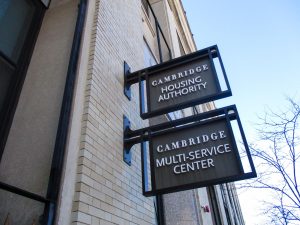Canadian Youth Join International Efforts to Lower Voting Age
February 6, 2022
Like many nations, the voting age in Canada is currently eighteen, but young activists are fighting for youth suffrage. In November 2021, several Canadian youth aged twelve to eighteen filed an application in an Ontario court to challenge the constitutionality of the voting age. This effort comes as many municipalities worldwide consider lowering the voting age, coinciding with the introduction of a Canadian Senate bill that would lower the voting age to sixteen and comes as many municipalities worldwide consider lowering the voting age—including Cambridge.
Under the Canada Elections Act, citizens younger than eighteen are prohibited from voting in Canada. The youth involved with this legal challenge are backed by attorneys from the Justice for Children and Youth group and the David Asper Centre for Constitutional Rights at the University of Toronto. According to CBC news, the youth have claimed this prohibition on youth voting violates the Charter of Rights and Freedoms. This Charter, passed in 1987, is the governing document for Canada, and Section Three promises the right to vote to “every citizen of Canada.” The lawsuit argues that this includes the children of Canada, and further, that the voting age also violates Section 15, which declares all citizens to be equal before the law.
Proponents of children voting argue that the contentious issues considered during elections affect youth just as much as adults, if not more so. In order to ensure politicians will address the concerns youth care about, young people must play a role in electing them. One of these issues is climate change, a concern that many youth advocates say affects their futures more than those of older voters. Katie Yu, a 15-year-old involved with the Canadian lawsuit, said in a media statement, “We know what actions are needed to address these issues and better the world for future generations, and we are already making change in many ways,” as reported by CBC news. This sentiment was echoed by Robin Chen, a CPS parent and local activist in support of lowering the voting age. Chen told the Register Forum in an email interview, “I have a magnet from the Barbara Lee Foundation based in Harvard Square that says, ‘It’s a man’s world, unless women vote.’ By extension, do you see the truth in ‘it’s an adults’ world, unless under-18s vote’?”
In addition to the legal challenge raised by youth, Senator McPhedran of Manitoba recently introduced BILL S-201—which would lower the voting age to 16—after consulting with youth advisors, according to a news release by Children’s First Canada. However, efforts to lower the voting age—both through legislation and grassroots organization—expand far beyond Canada.
Five cities in the US have successfully lowered their voting age for municipal elections to 16, all in Maryland, according to Vote16USA’s website. Many more municipalities have attempted to do so, including Cambridge, but the process differs from state to state. In Massachusetts, the process requires a home-rule petition to be sent to the State House by the city or town and then be approved by the State House. Youth in Cambridge have attempted this process on several occasions, most recently in 2019 by members of the Cambridge Youth Council (CYC)’s Vote16 subcommittee. Vote16 member and CRLS student Irene Hill ’23 explained the history of CYC’s involvement with lowering the voting age to the Register Forum, “The Vote16 project is something that has been worked on in CYC for a long time. In fact, Mayor Siddiqui was one of the people who founded CYC, and was an advocate for it during her high school years.”
CYC was successful in passing a home-rule petition in 2020, but the state legislature has yet to act on it. Member Jonathan Akbari ’22 explained to the Register Forum that CYC is currently “monitoring the progress of the petition and any other acts to change the voting age.” Another potential path for the voting age to be lowered in Massachusetts is the home-rule petition and agreement of the municipality, but this would require the passage of a Massachusetts bill such as Bill HR.843, the EMPOWER Act. This bill is supported by Brandon Klugman, leader of the Vote16USA initiative at the nonprofit Generation Citizen. In an email interview with the Register Forum, Klugman stated, “Multiple individual cities are also advocating for home rule petitions this year. We know there is strong grassroots support for these bills and we are optimistic that they will move forward this year.”
Members of the CRLS community continue to support lowering the municipal voting age to 16. Hill expressed, “Not only are we nearly adult residents of the city, but many of us have jobs, support our families, and are influenced daily by local systems of government such as the School Committee and City Council.” CRLS history teacher Mr. Benji Cohen, who supports lowering the voting age, thinks that teenagers may bring an open-mindedness to politics that many older voters lack, telling the Register Forum in an email interview, “I also think that younger voters are less-doctrinaire in their politics, which would be extremely valuable.”
Data from the US Census’s website highlights that only 57% of eligible voters ages 18–34 voted in the 2020 US election, compared to 74% of those aged 65 and older. Similarly, approximately 56.6% of the 18–34 electorate voted in the 2019 Canadian election, compared to approximately 74.6% of the 65 and older electorate, according to data from the Elections Canada website. While the Canadian legal challenge is not yet resolved, nor are local Vote16 efforts, supporters believe progress will eventually be made toward engaging youth in elections, instilling lifelong impacts on voters. Klugman concluded, “If young people start voting at 16, on the local level and in communities where they are likely to have strong roots, they are much more likely to continue participating as habitual voters into the future, and that is a good thing for the health of our democracy.”












